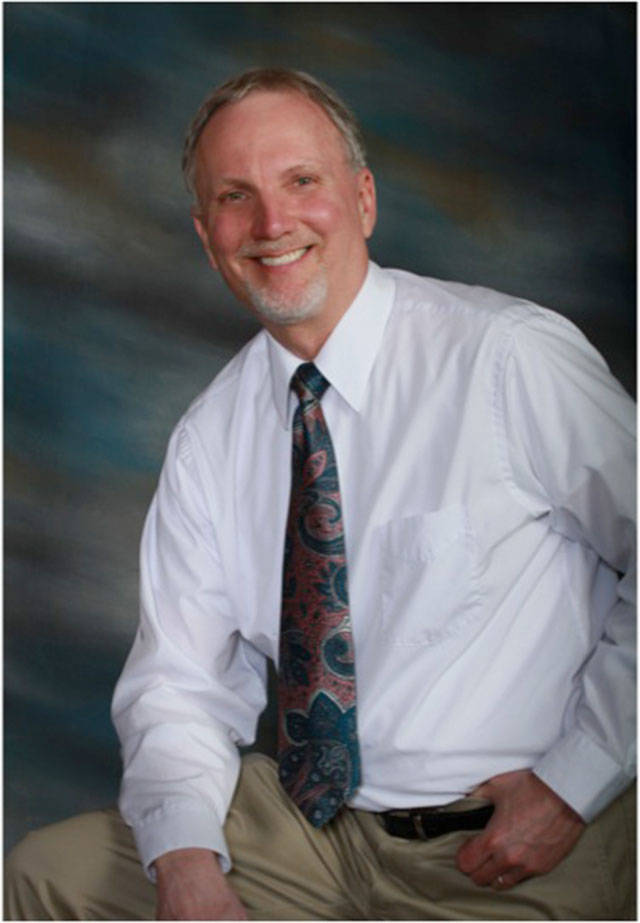When I drive in my car, I often listen to the PBS radio station, KUOW. I’ve noticed through the years that PBS has a definite progressive slant. It’s not that the broadcasters openly criticize President Donald Trump all the time, though they do occasionally. The criticism is more oblique. Many of the topics deal with the plights of the homeless, immigrants and minorities. These are progressive priorities.
As a teacher, I sympathize with the plight of the poor, the weak and the oppressed. Part of being an effective teacher is to care for those who enter my classroom. Many come from broken families. These students have emotional and behavioral issues that must be addressed before they can be educated.
When I discuss issues with conservatives, these topics are rarely brought up. If they are, the emphasis is not on empathy and compassion, but rather on their disgust and frustration. The concern is often with citizens being taken advantage of or how these groups are gaming the system. There is a high level of suspicion, fear and anger.
The major concern for the conservatives I know is money: government spending and collection of taxes. There is also a great deal of frustration over the stupidity and rigidity of government bureaucrats at all levels. There are too many regulations that are expensive and time-consuming. All of these rules take profits from businesses. These are conservative priorities.
I, too, have had to deal with government regulators and stupid bureaucratic rules and requirements that make little sense. It’s often maddening to try to reason with someone who is primarily concerned about rule keeping and not in serving the taxpayers who pay their salaries.
What really puzzles me is the inability of progressives and conservatives to understand the other’s point of view. Both sides have valid issues and concerns. Many on both sides of the political spectrum seem to live in boxes where they see only their own point of view. They are incapable of trying to understand views that differ from their own.
Our opinions are right and those who disagree with us are wrong. We seek out sources of information that reinforce our beliefs. We shut our eyes and ears to our own ignorance and fear.
What does it take to climb out of our boxes? The answer is courage. Courage to be able to admit that none of us has all the answers. Pick just about any topic: science, technology, religion, philosophy, history or politics. Our level of knowledge is small, no matter how educated we are. We are fearful that new information will be like someone pulling out a card in a house of cards. If new information doesn’t fit our belief system, then the whole house will collapse upon itself. That would be unbearable.
We also need more honesty. Most of us create our own realities that have little basis in fact. When asked why we believe the way we do, our reply is often defensive. We attack, or we avoid answering. If we were to actually admit it, we don’t know the answer because most of what we believe has come through what our parents taught us. The antidote to being dishonest is to take a deep breath, bite our tongue, and suspend judgment until we understand the other person’s point of view. I didn’t say agree to it, I said understand it. That means we are able to summarize what the other person said to his/her satisfaction.
Why do many progressives focus so much on empathy and caring, while ignoring the costs in time, effort, money and frustration that the caring will require? Why can’t conservatives quit focusing on their bottom lines occasionally to admit that people are more important than profit? The old saying is true: “You can’t take it with you.” Seeking solely for status and wealth will not satisfy any of us in the long run.
The author Stephen Covey said, “Seek first to understand, and then to be understood.” We all need to be aware that we live in boxes. Open them up to see a much bigger world where differing views actually might enrich our lives. The choice is yours.


